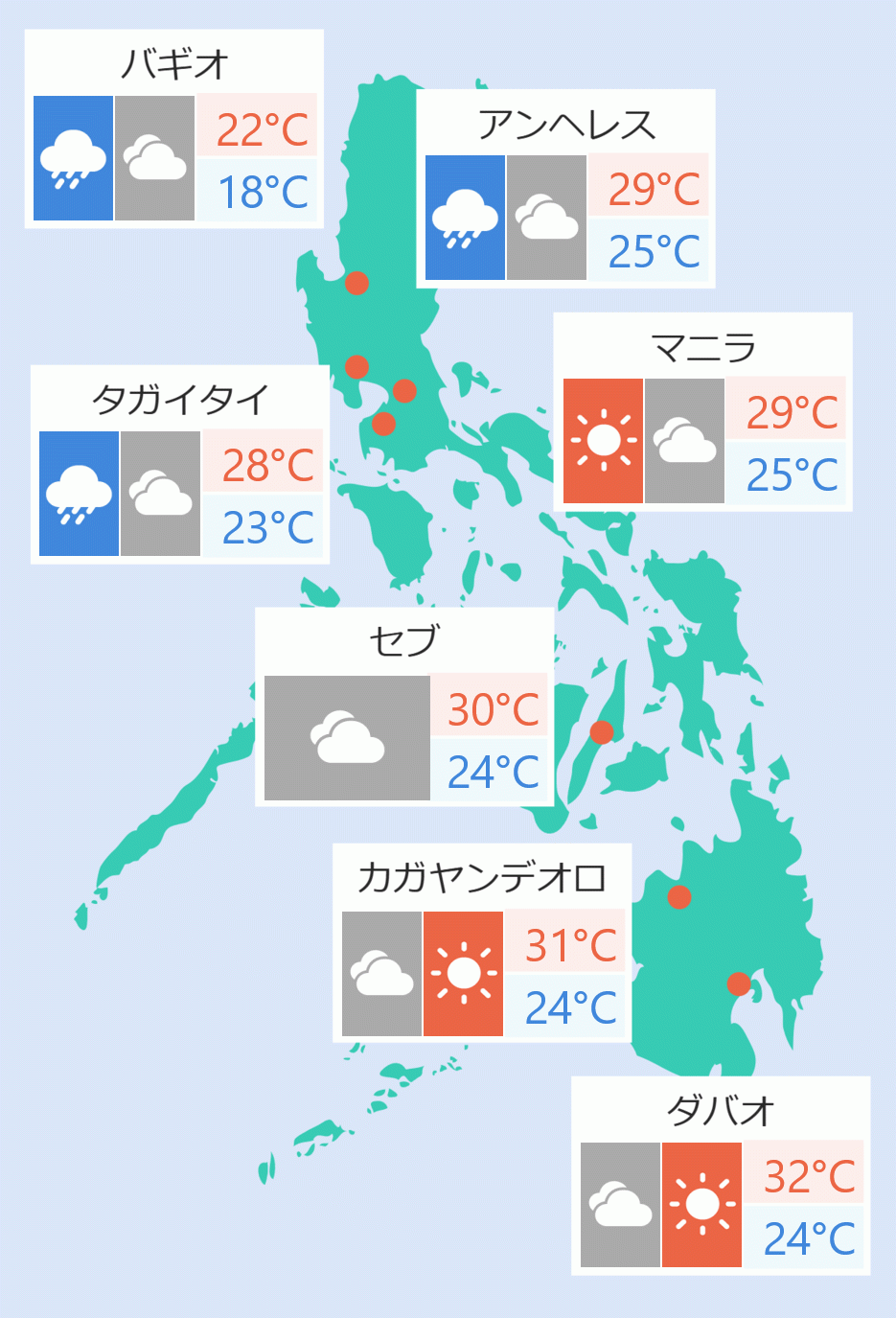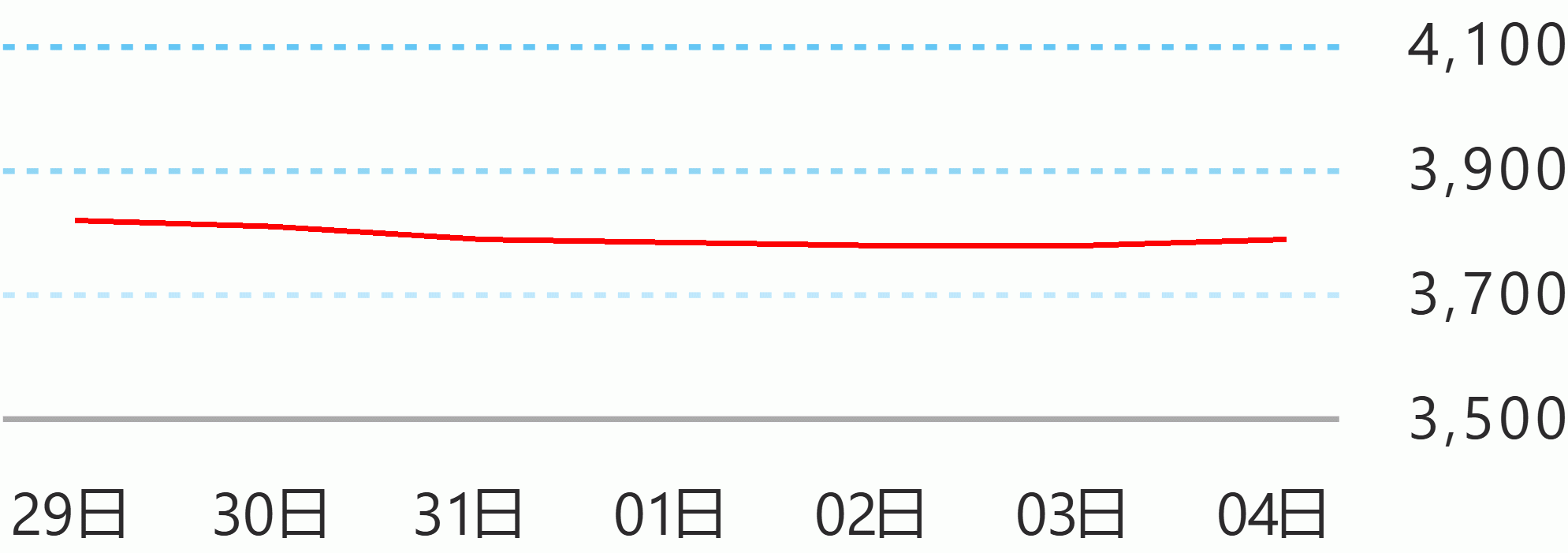President Rodrigo Duterte said on Sunday that the over 1,000 second generation Filipino-Japanese who could be "stateless" maybe considered as Filipinos.
Duterte made the comment when asked if the Philippine government would assist these individuals to get Japanese citizenship for apparently being stateless.
Initially, the President said he was "ignorant" about the issue.
But he later added that if the issue is about citizenship, they could be considered as Filipinos.
"Those born to - born of Japanese fathers and Filipina mothers? Of course, they are Filipinos...those whose mothers are citizens of the Philippines, so...it becomes a fait accompli," said Duterte, who is a lawyer, in an interview by reporters following his arrival from Russia at the Davao City airport.
"Whoever is your father, but if your mother is a Filipino, I will embrace you as a Filipino. Why will I make it difficult for that person?" he said.
Duterte acknowledged that there could be a lot of Filipino-Japanese descendants in Davao City who could be in the same situation.
The Philippine Nikkei Jin Kai Rengokai, a federation of Japanese descendants, earlier said that there were some 1,000 second generation Filipino-Japanese who are still living and unrecognized by the Philippine and Japanese governments. In such cases, they could be considered as stateless.
The second generation Filipino-Japanese were born under the 1935 Constitution. Under that Constitution, considered as citizens of the Philippines were citizens of the Philippine Island at the time of its adoption; those born in the country of foreign parents who, before the adoption of the Constitution, had been elected to public office in the country; those whose fathers are citizens of the Philippines; those whose mothers are citizens of the country and, upon reaching the age of majority, elect Philippine citizenship; and those who are naturalized in accordance with law.
Under the current or 1987 Constitution, among those considered as citizens of the Philippines are those whose fathers or mothers are citizens of the Philippines; and those born before Jan. 17, 1973, of Filipino mothers, who elect Philippine citizenship upon reaching the age of majority. Celerina Monte/DMS





 English
English









